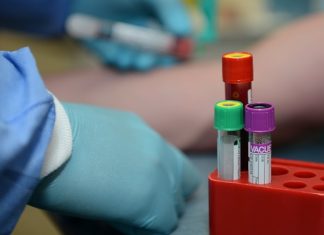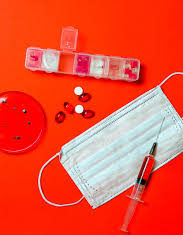As of March 16, the coronavirus has infected at least 100,000 people throughout the world. As the virus and its resultant disease, COVID-19, have spread, so have various myths. Here are some of them.
1. Face masks will protect you.
Early on, when the virus began to spread to other countries beyond China, there was a huge run on face masks. People believed that wearing a face mask would prevent them from getting infected.
Most face masks are actually useless against the coronavirus, for it is small enough to slip through them. A face mask called an N95 respirator can work, but it needs to fit the user’s face snugly. They do not work for children or people with facial hair, and they can make breathing difficult for people with various chronic conditions.
On the other hand, while face masks are of limited use in keeping people from contracting the coronavirus, they can keep an infected person from spreading it.
2. COVID-19 is just a type of flu.
Yes, COVID-19 is a respiratory illness, but it’s at least twice a contagious as the flu. While the average flu patient infects 1.3 people, a person with the coronavirus will infect two or three people.
In addition, COVID-19 is far deadlier. Every year, about 0.1 percent of flu patients die from the disease. By contrast, two to 3.5 percent of COVID-19 patients have succumbed. It is thus at least 20 times as lethal as the flu.
3. You’ll know if you’re sick.
Not necessarily. The main symptoms of COVID-19 are cough, fever, and shortness of breath. Unfortunately, it can take weeks for a person with the coronavirus to start showing symptoms. That means a person could feel fine and still be transmitting the virus to people around them.
4. Only sick people should isolate themselves.
As already mentioned, it can take weeks for a person infected with the coronavirus to start showing symptoms. If they go to a bar, restaurant, or the like, there’s a good chance they will infect the people around them. The only way to prevent that from happening is to stay home as much as possible. People need to practice “social distancing” as much as possible to avoid getting infected and infecting others.
5. A vaccine is on the way.
Yes, it’s true that biotechnology companies have begun work on vaccines, and that one is ready for clinical trials with human subjects. Unfortunately, it takes a long time and many tests to ensure that a vaccine is both safe and effective. It will, therefore, be at least a year before a vaccine becomes publicly available.












